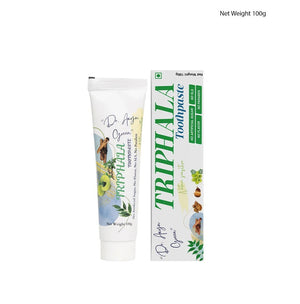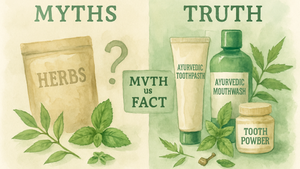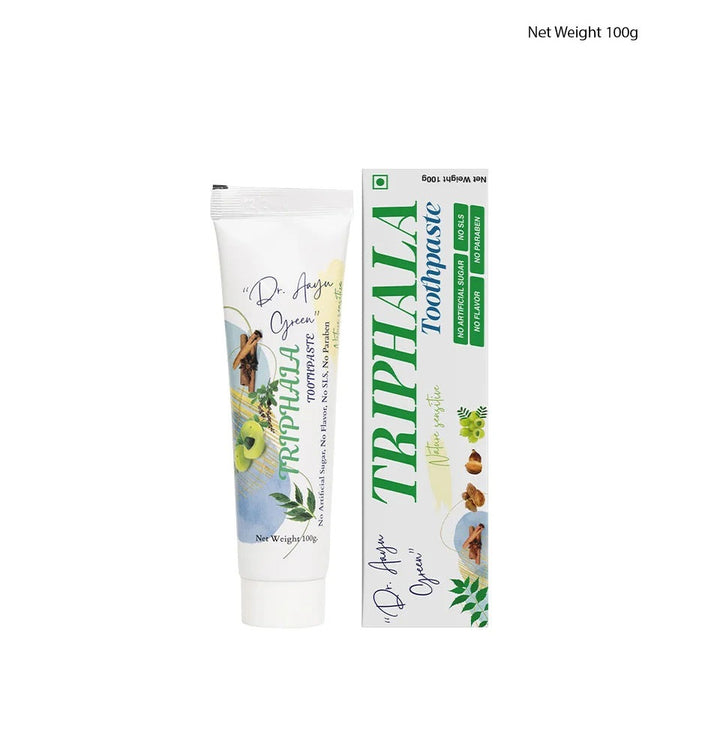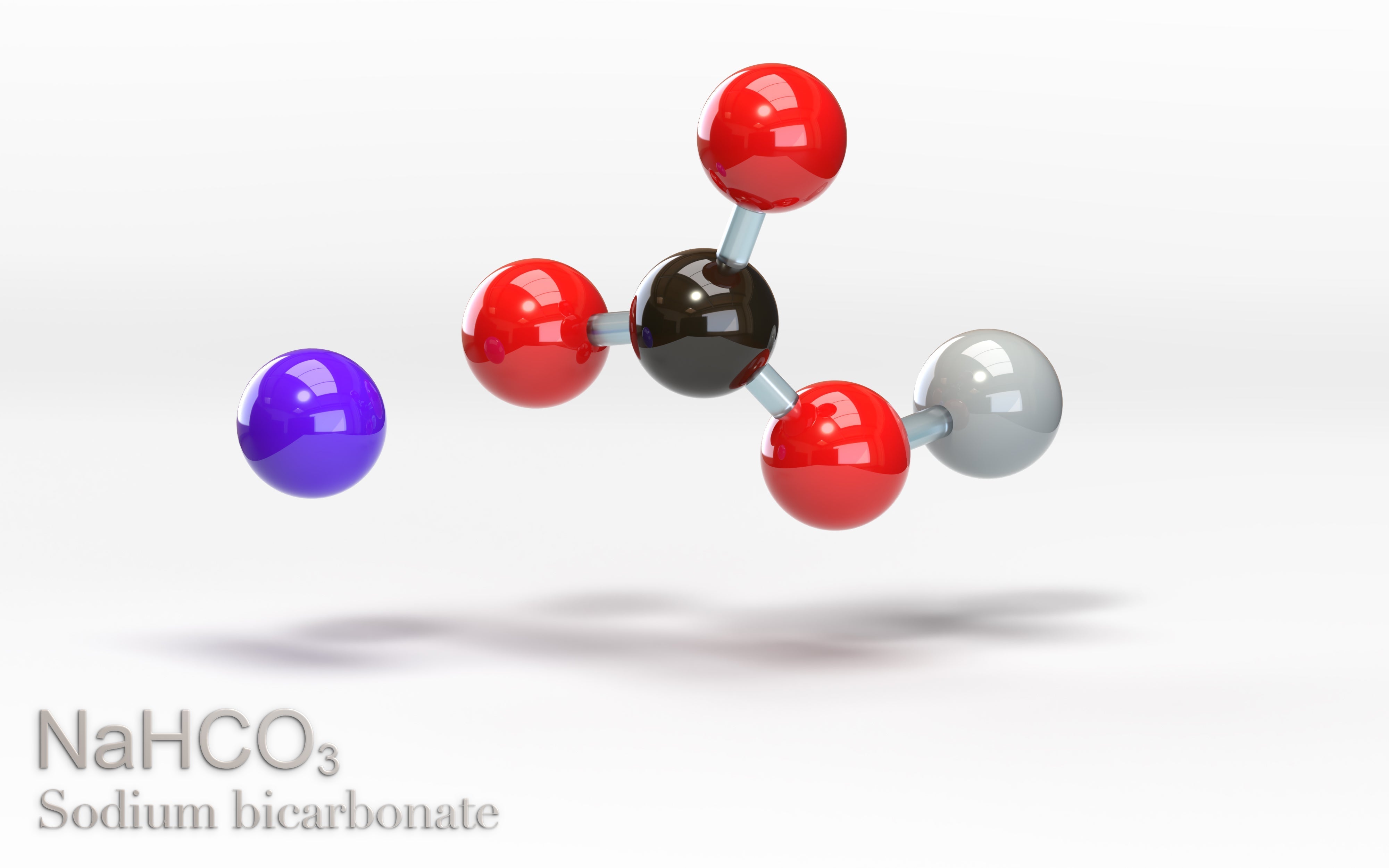Introduction
As more people in India and around the world become conscious about what goes into oral-care products, the demand for herbal toothpaste and SLS-free toothpaste has surged. But with so many players in the market, how can you identify a truly reliable herbal toothpaste maker India you can trust? What checks and criteria should you use to assess their credibility?
In this blog, we explore the key factors — from herbal extraction practices to eco-friendly packaging, Ayurveda regulatory compliance, transparency, and more — and guide you to select a reliable herbal toothpaste maker India you can depend on.
1. Prioritise Ayurveda regulatory compliance & certifications
One of the first filters is: does the manufacturer adhere to the necessary regulatory norms of Ayurveda and cosmetics in India? For instance, many credible makers will display GMP (Good Manufacturing Practices), ISO certifications, or approvals from relevant regulatory bodies.
· Check if the manufacturer is registered with AYUSH or other herbal oversight authorities.
· Confirm that the manufacturer maintains proper documentation and is open to audits.
These certifications and compliance metrics help demonstrate that the maker upholds industry norms and credentials.
Why it matters: The global Ayurvedic toothpaste market is projected to grow at a CAGR of ~13.4% between 2024-2032. Strong regulatory foundations help companies scale along with this growth.
2. Examine the quality of herbal extraction & ingredients
A reliable herbal toothpaste maker India ensures that herbal extraction methods preserve the potency of active phytochemicals.
Look out for:
· Use of advanced extraction methods (e.g., solvent, CO₂ extraction)
· Traceable sourcing of raw herbs (e.g., neem, clove, tulsi)
· Lab-testing for heavy metals, adulterants and microbial contamination
· Certificates of Analysis (CoAs) for each batch
Transparency in extraction and sourcing means you’re more likely getting an authentic herbal product — not just a “green-washed” label.
3. Demand transparency in formulation
Transparency is critical when choosing a trusted manufacturer. A credible company will:
· Share ingredient breakdowns (within proprietary limits)
· Clarify active vs inactive components and any preservatives used
· Disclose shelf life & stability data
· Be open about ingredient sourcing and ethical practice
For example, a good manufacturer might say: “For instance, some brands use cold-pressed neem extract to retain potency” — it shows they’re sharing process, not just the final claim.
4. Assess shelf life & stability protocols
Even “natural” products must undergo stability and safety testing. Make sure your manufacturer can show:
· Real-time and accelerated stability studies
· Microbial and physical tests verifying safety over time
· Valid shelf life claims (12, 18 or 24 months) backed by lab data
Skipping stability means risking customer safety, efficacy issues, or formulation breakdown.
5. Focus on customer safety & minimal side effects
Trustworthy manufacturers don’t just talk up benefits — they address customer safety & minimal side effects head-on.
They should:
· Perform patch tests and irritation studies
· Clearly disclose any contraindications or allergy warnings
· Avoid harsh chemicals and allergens
· Offer sample batches or trials for feedback
This demonstrates genuine care for the end-user’s wellbeing.
6. Ensure SLS-free formulation & gentle cleansing
Consumers increasingly prefer SLS-free toothpaste to avoid gum irritation or dryness. A reliable maker will:
· Use mild natural surfactants or herbal cleansers
· Clearly label “SLS-free” with supporting documentation
· Avoid hidden sulfate sources in ingredients
This is more than a trend — it signals a manufacturer’s commitment to safe oral hygiene.
7. Evaluate eco-friendly packaging & sustainability
Responsible toothpaste makers also care about the planet. When selecting a partner, look for those who:
· Use recyclable or biodegradable packaging
· Minimise unnecessary plastic use
· Conduct compatibility tests between packaging and formulation
· Promote eco-friendly sourcing of materials
This supports ethical and holistic credibility — aligning well with a brand like TickMyHealth that emphasises nature-based healing.
8. Check infrastructure, R&D capability & experience
A dependable manufacturer invests in infrastructure and innovation. Assess whether they:
· Have GMP-certified, hygienic production units
· Maintain a dedicated R&D team for new formulation work
· Offer custom formulations (if you are branding your own product)
· Possess a solid client history and experience in the herbal space
This ensures reliability, consistency and innovation over time.
9. Look for business transparency & communication
Trust isn’t built overnight — it comes from open communication. Reliable manufacturers will:
· Offer transparent pricing, timelines and supply chain details
· Allow audits and inspections (or at least provide clear SOPs)
· Provide regular progress / production reports
· Have clear contract terms including accountability clauses
Business clarity here goes hand-in-hand with formulation transparency.
10. Match to industry standards & certifications
Finally, align their claims with actual credentials. Look for:
· GMP, ISO 9001 or ISO 22716 compliance
· AYUSH (or relevant domestic) and/or Central Drugs Standard Control Organization (CDSCO) registration
· Third-party testing, Ecocert or COSMOS certification (if claiming organic/natural)
· Proper labelling (batch number, MFG/EXP, ingredient list)
These industry standards and certifications act as a final checkpoint for credibility.
Why this matters: the broader market context
· The global herbal toothpaste market was valued at USD 2.14 billion in 2023 and is projected to reach USD 3.84 billion by 2030 (CAGR ~8.8%).
· The global Ayurvedic toothpaste market is projected to grow at a ~13.41% CAGR from 2024-2032.
· In India, the broader oral-care market generated roughly USD 3,182 million in 2024 and is expected to reach USD 5,003.6 million by 2030 (CAGR ~7.9%).
These statistics underline a clear shift toward natural, herbal, and Ayurvedic oral-care solutions — making the criteria above all the more relevant.
Conclusion
Choosing a trustworthy Ayurvedic toothpaste manufacturer means examining every layer — from Ayurveda regulatory compliance and herbal extraction quality to SLS-free formulations, eco-friendly packaging, and verified shelf life & stability data.
Just as TickMyHealth promotes holistic wellness, authenticity and natural care, your oral-care brand (or choice of manufacturer) should reflect those same values: safety, transparency and sustainability. That way, your brand stands on trust and integrity — not just on claims.










